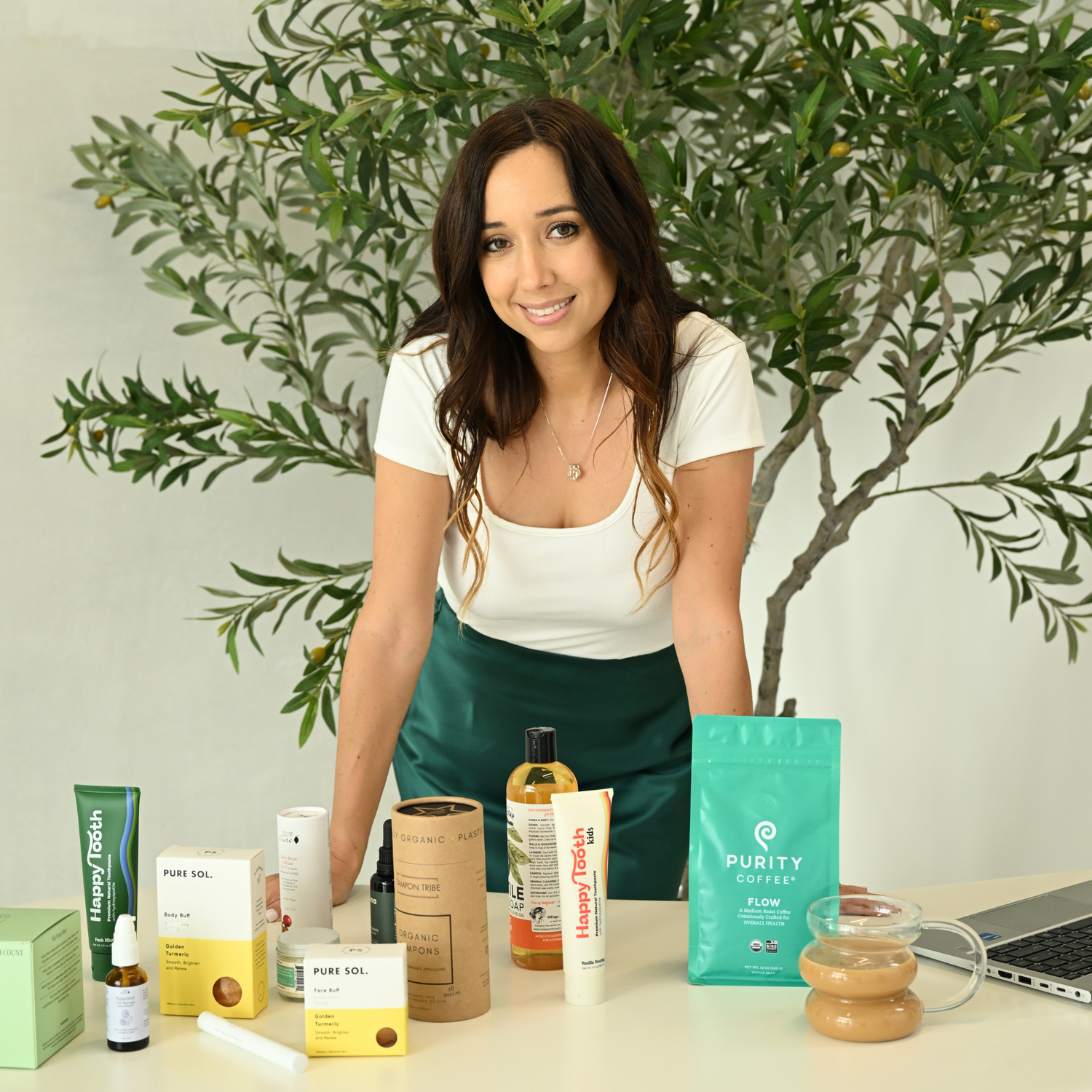
The Best Safe Sunscreens
Share
A little sun never hurt anyone. It is an excellent source of Vitamin D, which is essential for maintaining strong bones and a healthy immune system. In fact, just 5-30 minutes of sun exposure between 10am and 4pm each day is sufficient to meet the daily recommended dosage of Vitamin D, so long as you are not wearing sunscreen. But if you are spending more than that our in the sun, you need a non toxic and safe sunscreen.
Too much sun can lead to sunburn, premature aging and even skin cancer. So if you're going to be out in the sun for prolonged periods, it is essential that you use sunscreen. However, 90% of sunscreens available on the market today are chemical-based sunscreens, which come with their own health risks.
The Risks of Chemical-Based Sunscreens
Chemical sunscreens, which often contain ingredients such as oxybenzone, avobenzone, and octinoxate, can pose several health risks so it's no surprise that it's on our no-no list. Oxybenzone, for example, has been linked to hormone disruption and allergic skin reactions. Studies suggest that these chemicals can be absorbed into the bloodstream, potentially affecting reproductive health and contributing to other health issues. Additionally, some chemical sunscreen ingredients, such as octinoxate, can harm marine ecosystems, particularly coral reefs, and are banned in some coastal areas.
Better Sunscreen Options
Instead, opt for a mineral-based sunscreen with Zinc-oxide as the active ingredient. We do not recommend Titanium Dioxide, although this is another popular mineral-based sunscreen option. Studies have raised concerns about Titanium Dioxide's ability to create free radicals and The International Agency for Research on Cancer (IARC) has identified Titanium Dioxide as a Group 2B Carcinogen - an agent that is “possibly carcinogenic” to humans but lacks sufficient human research.
Our Criteria For What Makes The Best Sunscreen
Choosing the "best" sunscreen is not just about picking up a mineral sunscreen. In addition to choosing a safe active ingredient in your sunscreen, you also need to take a look at the inactive ingredients, which often contain petrochemicals and other nasties on our no-no list. Here's the criteria we used in selecting our favorite sunscreens:
- A non toxic active ingredient, like Zinc.
- Toxin-free inactive ingredients. This means no petrochemicals, no nano particles, and harmful preservatives.
- No aerosol can, which is harmful to the environment, and also contains toxic chemicals like butane and isobutane.
- Easy to apply and great spread-ability.
- Goes on sheer, because let's face it... we don't want to appear like ghosts at the beach.
Our Top Picks
As a Florida-based company, we feel particularly qualified to comment on the effectiveness of sunscreen. After all, it's the Sunshine State! These sunscreens consistently perform well in terms of their effectiveness is preventing sunburn, ease of application, and appearance on the skin.
 |

|
| Beauty by Earth | Earth Harbor |
|
|
Honorable Mentions for Best Sunscreen
In a close race for second best, these sunscreens also performed well, but for one deficiency or another did not top the list.
This article may contain affiliate links.
 |
 |
 |
| Earthley Sun Shield | Badger Sunscreen | Babo Botanicals |
|
|
|












